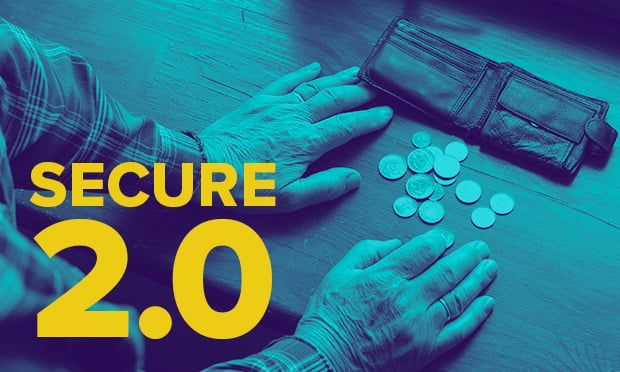When Congress passed the Wall Street Reform and Consumer Protection Act (aka "Dodd-Frank") in the summer of 2010, it neither reformed Wall Street nor protected consumers. Indeed, it did worse. It institutionalized "too big to fail," thus, removing all accountability from large Wall Street firms by protecting them, not their customers. It has since become a Rorschach test to determine whether you're more of a politician (you believe the rhetoric of Dodd-Frank) or a mathematician (you can see through that rhetoric and into the underlying reality of just what Dodd-Frank has done).
It appears likely we may soon be saying the same thing about the DOL's new "conflict of interest" (aka fiduciary) rule. It neither removes conflicts of interest, nor does it stay true to the meaning of fiduciary.
First, the idea of eliminating conflict of interest fees is an honorable cause. In short, these fees include the three most conspicuous atrocities of commissions, 12b-1fees, and revenue sharing. While all fees are suitable (and important) for the brokerage industry (where an agency relationship exists), they are undeniably inappropriate for the adviser industry (where a fiduciary relationship exists). To argue otherwise would require you to ignore the centuries of trust law and case law whereby fiduciaries must never engage in self-dealing transactions.
Complete your profile to continue reading and get FREE access to BenefitsPRO, part of your ALM digital membership.
Your access to unlimited BenefitsPRO content isn’t changing.
Once you are an ALM digital member, you’ll receive:
- Critical BenefitsPRO information including cutting edge post-reform success strategies, access to educational webcasts and videos, resources from industry leaders, and informative Newsletters.
- Exclusive discounts on ALM, BenefitsPRO magazine and BenefitsPRO.com events
- Access to other award-winning ALM websites including ThinkAdvisor.com and Law.com
Already have an account? Sign In
© 2024 ALM Global, LLC, All Rights Reserved. Request academic re-use from www.copyright.com. All other uses, submit a request to [email protected]. For more information visit Asset & Logo Licensing.








